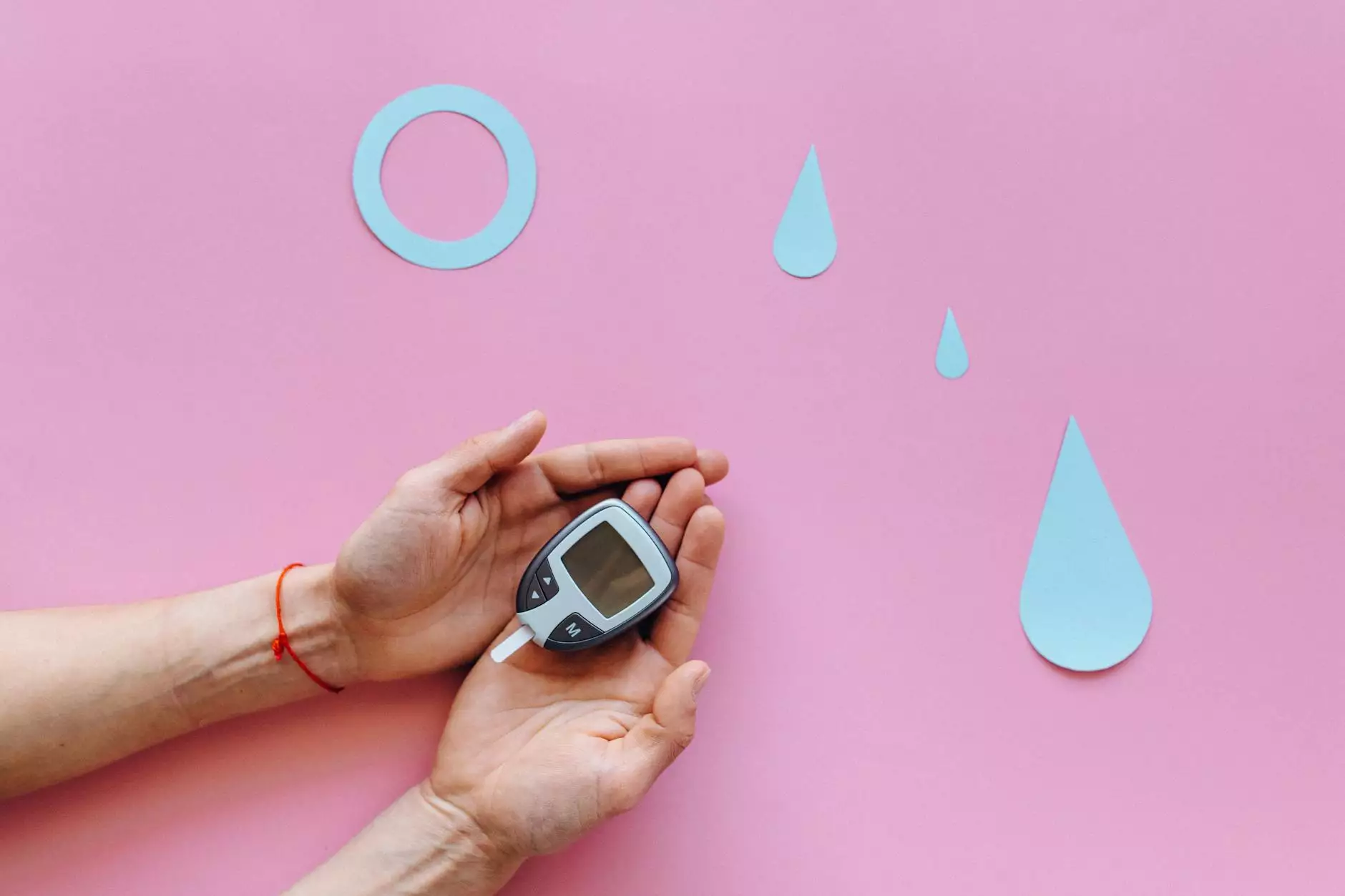Diabetes and Impotence: Can Diabetics Become Impotent?
Pelvic Health
Welcome to Sexual Health Education & Economic Telehealth Services, your trusted source of information on sexual health topics in the field of diabetes and impotence. In this comprehensive guide, we will explore the relationship between diabetes and impotence, providing you with valuable insights and answers to commonly asked questions.
The Connection Between Diabetes and Impotence
Diabetes, a chronic condition affecting millions of people worldwide, is known to have various effects on the body. One of the potential complications associated with diabetes is impotence, also known as erectile dysfunction (ED). Impotence refers to the inability to achieve or maintain an erection sufficient for sexual intercourse.
Research has shown that individuals with diabetes are at a higher risk of experiencing impotence compared to those without diabetes. This increased risk is primarily attributed to the impact of diabetes on blood vessels and nerves, which are crucial for normal erectile function.
Understanding the Mechanism Behind Diabetes-Related Impotence
In order to fully comprehend the link between diabetes and impotence, it is essential to understand the underlying physiological mechanisms involved. High blood sugar levels associated with diabetes can lead to damage to blood vessels and nerves throughout the body.
When it comes to sexual health, these blood vessels and nerves play a vital role in achieving and maintaining an erection. The nerves are responsible for transmitting the necessary signals to the brain and blood vessels, allowing for increased blood flow to the erectile tissues of the penis.
However, in individuals with diabetes, this delicate balance is disrupted. The damaged blood vessels and nerves can impair the proper functioning of the erectile tissue, resulting in difficulties in achieving and sustaining an erection.
Managing and Preventing Diabetes-Related Impotence
While diabetes-related impotence can be a challenging condition to deal with, there are various strategies and lifestyle modifications that can help manage and potentially prevent its occurrence:
- Maintain Optimal Blood Sugar Control: Keeping blood sugar levels within the target range recommended by healthcare professionals can help minimize the risk of impotence associated with diabetes. This can involve regular monitoring, following a healthy diet, engaging in regular exercise, and taking prescribed medications as directed.
- Quit Smoking: Smoking can contribute to the development of impotence by constricting blood vessels and impairing overall cardiovascular health. Quitting smoking is crucial for both general well-being and sexual health.
- Manage Blood Pressure and Cholesterol Levels: High blood pressure and elevated cholesterol levels can further damage blood vessels and nerves, worsening the risk of impotence. It is important to monitor and manage these factors through lifestyle modifications and appropriate medications when necessary.
- Promote Healthy Lifestyle Choices: Adopting a healthy lifestyle, including regular exercise, a balanced diet, and stress reduction techniques, can significantly improve overall well-being and sexual health.
Seeking Professional Help and Support
If you are experiencing difficulties with erectile function and suspect it may be related to diabetes, it is essential to reach out to a healthcare professional specializing in sexual health. They can assess your specific situation, provide personalized recommendations, and offer appropriate treatment options tailored to your needs.
At Sexual Health Education & Economic Telehealth Services, we understand the sensitive nature of sexual health concerns and are dedicated to providing accessible, comprehensive, and evidence-based information to individuals seeking support. Our team of experts is available to address your questions and guide you towards a satisfying and fulfilling sexual experience.
Conclusion
Diabetes and impotence can be interconnected, with diabetes increasing the risk of experiencing erectile dysfunction. By understanding the underlying mechanisms and implementing appropriate strategies for managing diabetes and promoting overall well-being, individuals can take proactive steps towards preventing or mitigating the impact of diabetes-related impotence. Remember, seeking professional help and support is crucial for accurate diagnosis and tailored treatment options. Trust Sexual Health Education & Economic Telehealth Services to provide the information and guidance you need to navigate the complexities of diabetes and sexual health.










